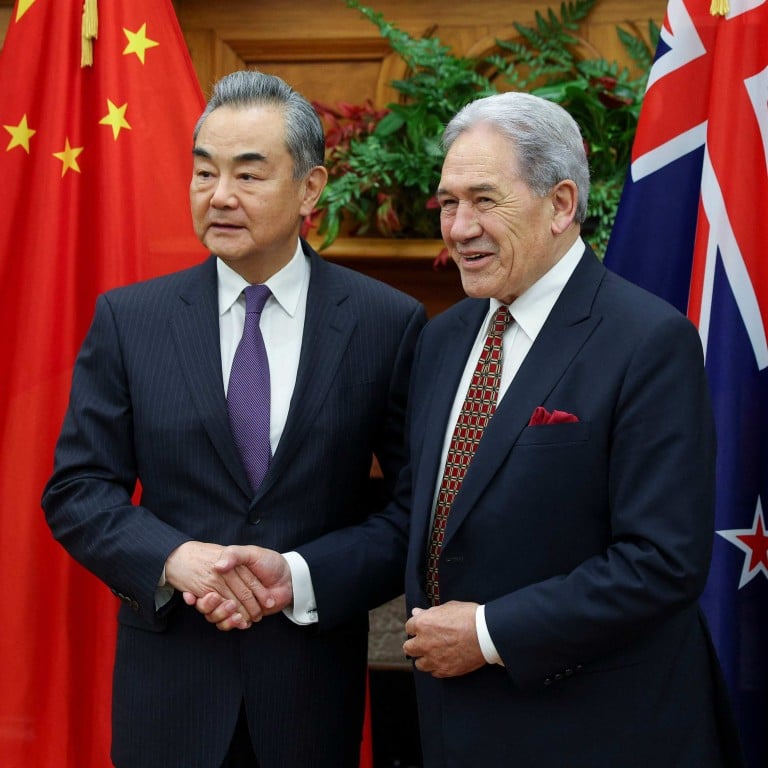
New Zealand and China still have ‘significant differences’, despite Wang Yi’s ‘charm offensive’ visit
- Chinese Foreign Minister Wang Yi’s visit comes amid a tilt by New Zealand towards US and Australian defence policy, and concerns that Wellington could join Aukus
- New Zealand has sent a clear message it will make its own decisions on its security, but also acknowledges China remains a very important partner, analyst notes
During a meeting on Monday with his New Zealand counterpart Winston Peters at the start of a tour that will also include Australia, Wang said his side was willing to work with New Zealand to deepen trade and economic ties and address climate change.
The highest-ranking Chinese official to visit the country since 2017, Wang described China’s ties with New Zealand as “a force for stability” and called for the creation of better conditions for exchanges including education, tourism and youth programmes.
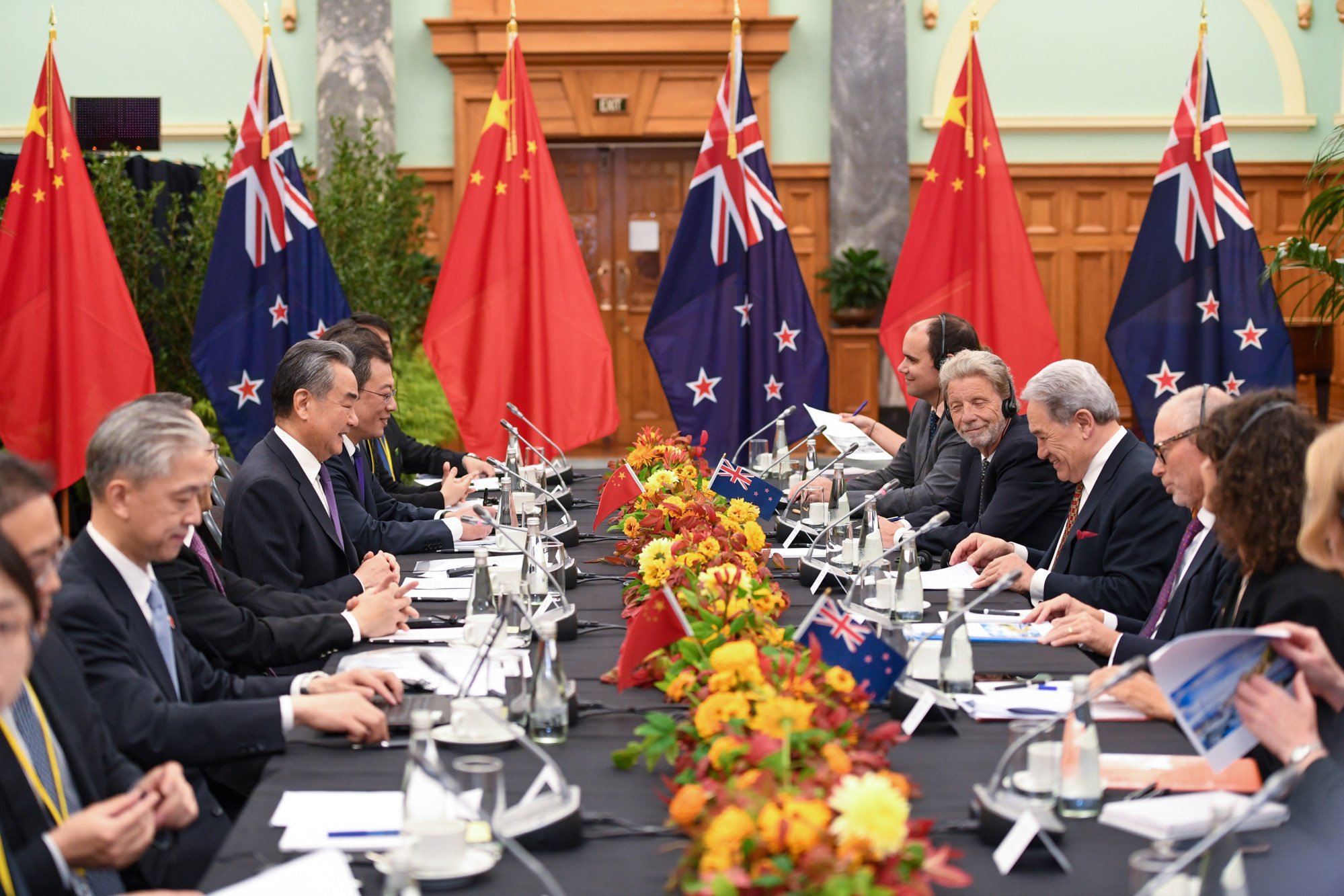
Describing the meeting as respectful, convivial, and “very frank”, Peters also revealed that New Zealand Prime Minister Christopher Luxon would travel to China in the coming months.
The ministers also discussed trade, business and security in the Pacific as well as “areas of difference” including human rights and the situation in Xinjiang, Hong Kong and Tibet, according to a statement issued by Peters after the meeting.
Wang’s visit came amid a tilt by the New Zealand government towards the United States and Australian defence policy, and the possibility that Wellington will join Pillar 2 of the Aukus defence pact.
Made up of Australia, the United Kingdom and the US, Aukus was established in September 2021 and has two pillars: the first to deliver nuclear-powered attack submarines to Australia.
The second is focused on the joint development of advanced technologies, including artificial intelligence and quantum computing, as well as boosting intelligence sharing.
New Zealand begins talks on joining Aukus defence pact
New Zealand also recently deployed a defence team to the Middle East as part of an international alliance spearheaded by the US and Britain, which have been launching air strikes in the Red Sea against the Houthi militant group in Yemen.
Describing Wang’s visit as a “charm offensive”, Robert Patman, professor of international relations at the University of Otago, said Peters had confirmed Wellington had pushed back against Wang’s Aukus concerns by saying that New Zealand would make its own decisions on its security.
“Peters told Wang that New Zealand’s concerns about China’s activities in New Zealand and the Pacific Islands were not a figment of the imagination of decision-makers in Wellington.”
“The message was clear. New Zealand’s decision-making in relation to Pillar 2 of Aukus would be based purely on Wellington’s assessment of its national interests,” Patman said, adding that the message plus Peters’ acknowledgement that China remains a very important partner “seemed to please” Wang.
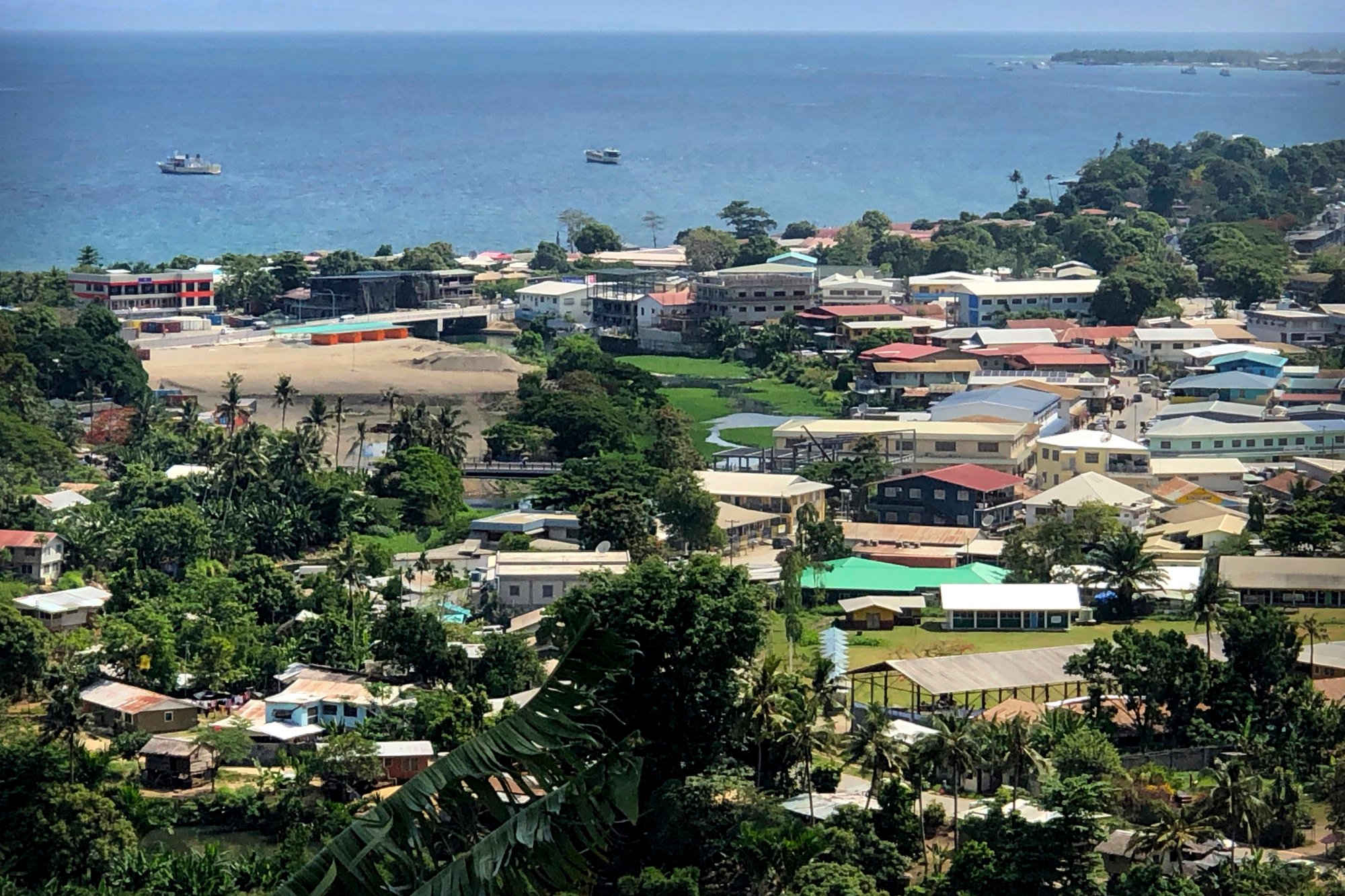
Last year, New Zealand’s national intelligence agency accused China of “ongoing activity in and against” the country, including espionage operations against Wellington and efforts in targeting the country’s ethnic Chinese communities.
In recent years, China has stepped up ties in the Pacific region – Australia and New Zealand’s backyard – through increased aid, development, and security cooperation, and even signed a secretive security agreement with the Solomon Islands in 2022.
David Capie, director of the Centre for Strategic Studies and professor in international relations at the Victoria University of Wellington, said while Wang’s visit showed a keen interest to manage the relationship, there was no attempt to “pretend significant differences don’t exist”.
The New Zealand readout of the foreign ministers’ meeting made clear that Auckland had real concerns on human rights and the situation in the South China Sea, Capie noted.
“We’ve seen a slightly greater willingness on the part of the new government to talk openly about some of those differences in the last few months,” Capie said.
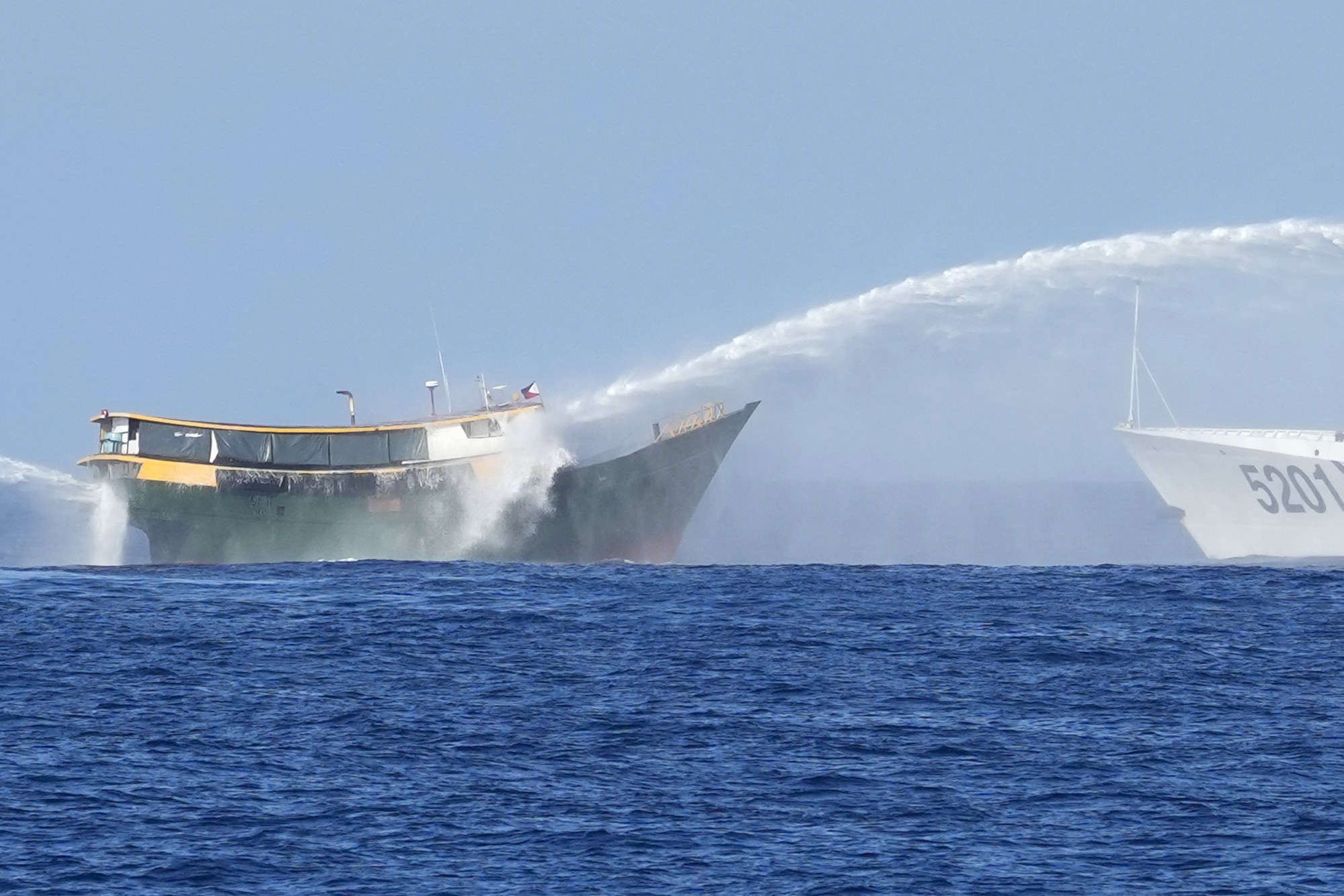
China faces accusations of human rights abuses, particularly in its treatment of Uygurs in its western Xinjiang region, while its increasing patrols and naval skirmishes – especially with the Philippines – in the South China Sea in recent months have drawn concerns from the international community.
Noting that trade was a hugely important part of the relationship valued by both sides, Capie said the days in which New Zealand saw its China relationship exclusively through a trade lens were long gone.
Trade volume in goods between New Zealand and China reached US$25.2 billion in 2022, mainly in dairy, meat, wood products, infant formula and fruits. Data from Stats NZ showed the total value of goods exported to China in the year ended September 2023 was US$19.3 billion.
“But there is still a strong interest to try and manage political differences while making the most of the opportunities,” Capie said.
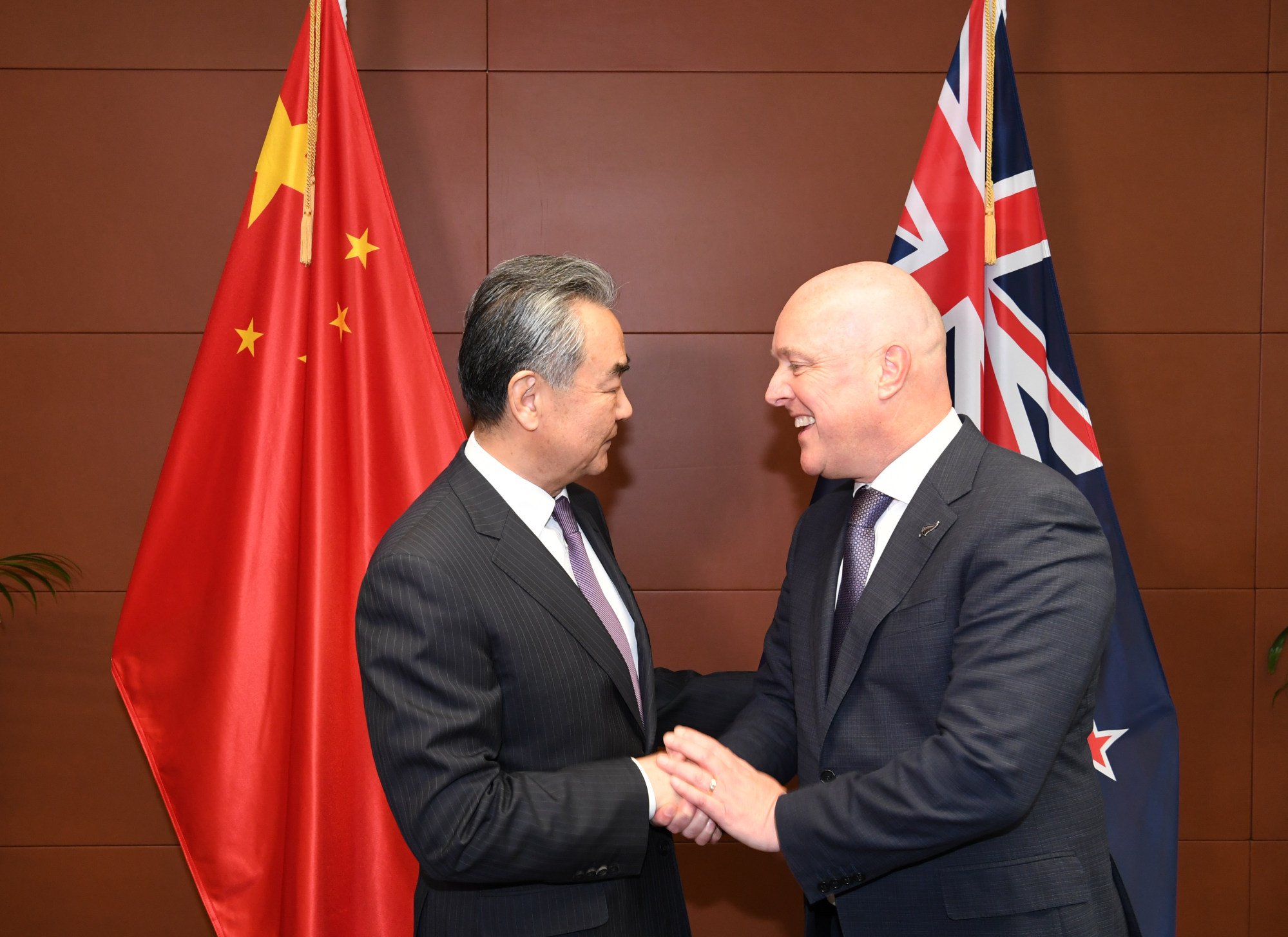
Jason Young, director of New Zealand Contemporary China Research Centre and associate political science and international relations professor at the Victoria University of Wellington, said the meetings sought areas of cooperation and to stabilise ties.
“This is especially important given New Zealand has a new government,” Young said, referring to the National-led coalition government which was sworn in last November.
Young added that while political differences could overshadow the trading relationship, Wang’s visit showed that both sides were seeking ways to actively manage their differences.
Waikato University law professor Alexander Gillespie said both countries could find common areas of concern, such as in ensuring the sustainable development of the Pacific region.
“In other areas, from Ukraine to Gaza, better understanding [of] the Chinese objectives can help in broadening Kiwi understanding of pressing global problems, and vice versa,” Gillespie said.
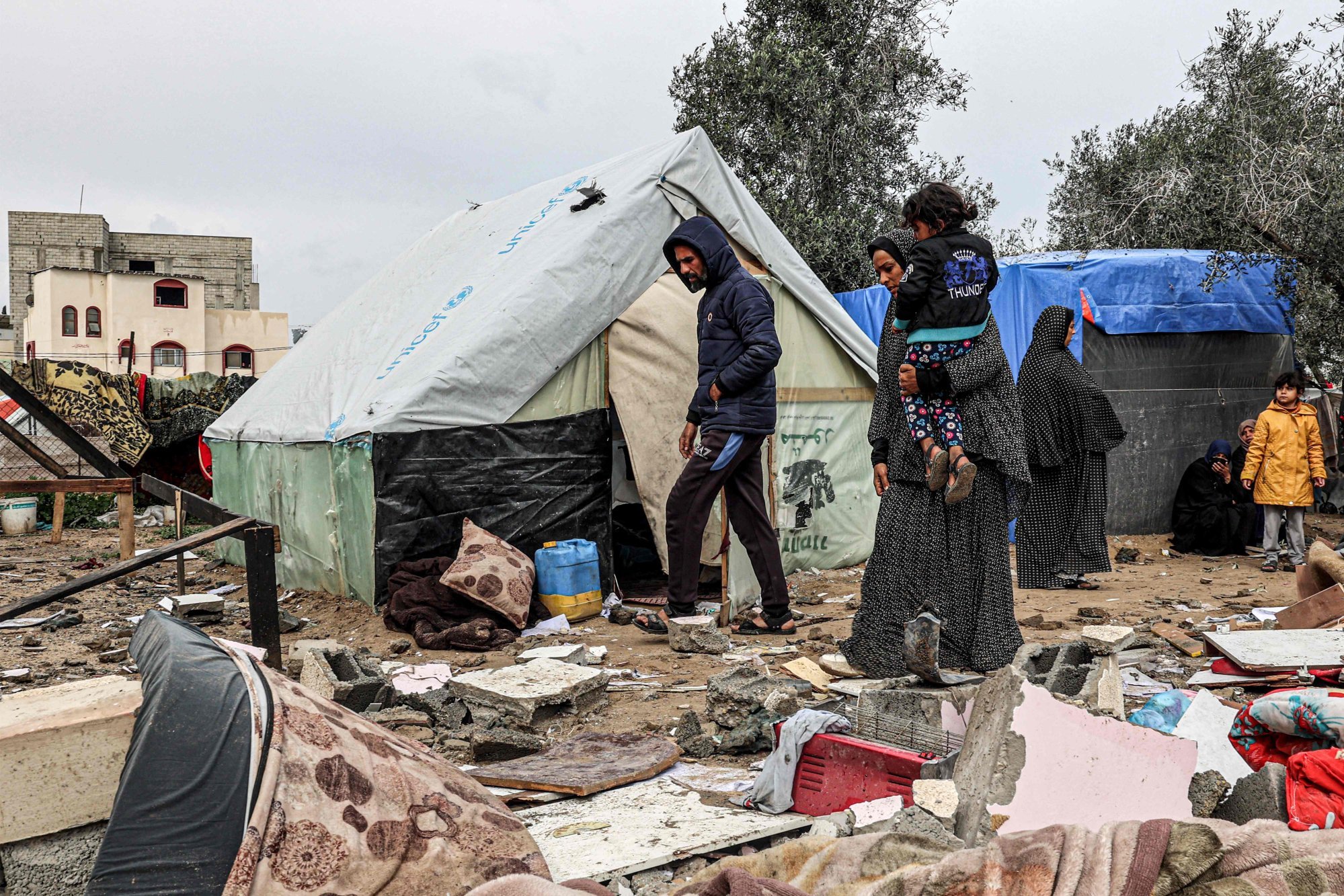
New Zealand last month designated the political wing of Hamas as a terrorist entity, making it illegal for anyone in the country to support the militant group. Expressing support for Ukraine, Wellington has sent aid, resources and humanitarian assistance to Kyiv to help defeat Russia’s military advances.
While China has sought to play a role in resolving the Israel-Gaza conflict, observers said Israel would want Beijing to adopt a more “balanced” stance by condemning Hamas, something Beijing has avoided.
Also refusing to condemn Russia’s invasion, China has maintained that it remains committed to promoting peace talks and will not give up as long as there is a glimmer of hope.
As University of Otago’s Patman noted, the international situation for China may be “one of alarm and hope” as Chinese President Xi Jinping’s ally, Russian leader Vladimir Putin, is bogged down by a “debilitating and arguably catastrophic war in Ukraine”.
“There may be a belated recognition in Beijing that its assertiveness in the Indo-Pacific may have become counterproductive with states like New Zealand,” Patman added.

